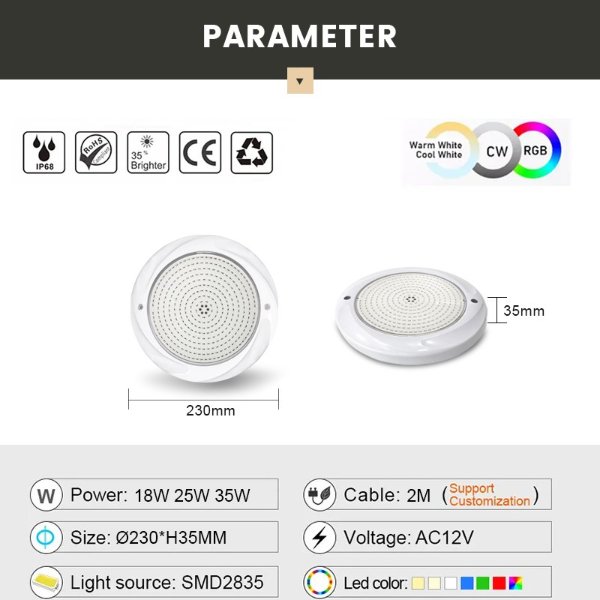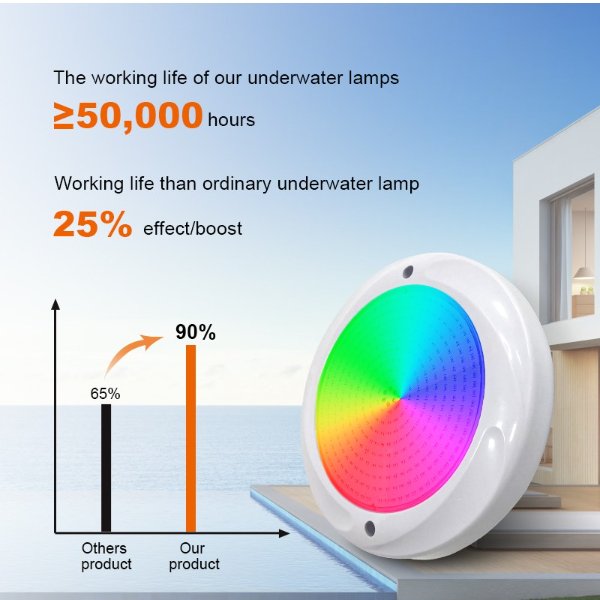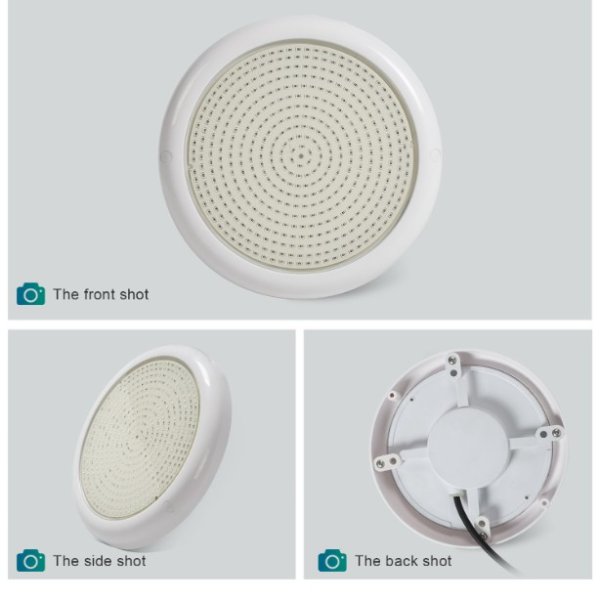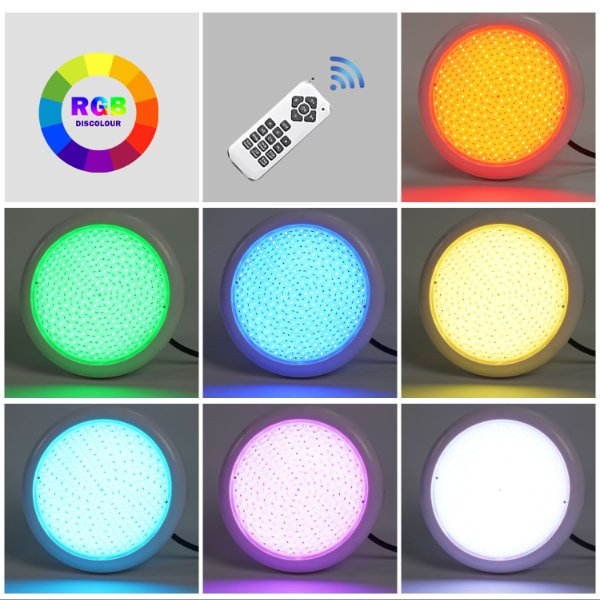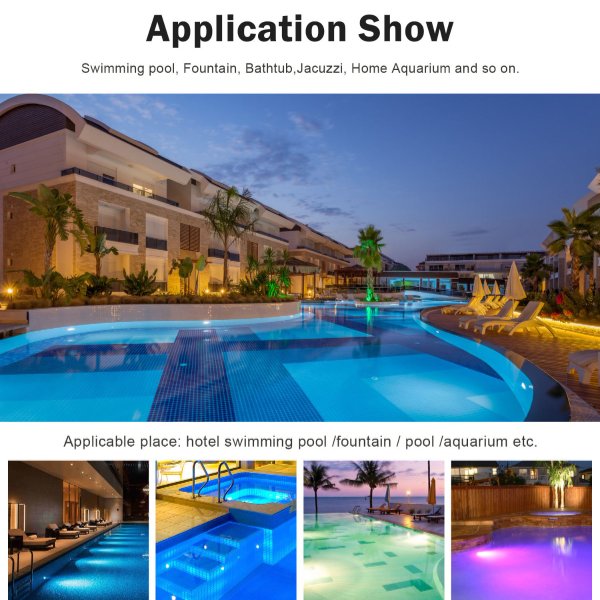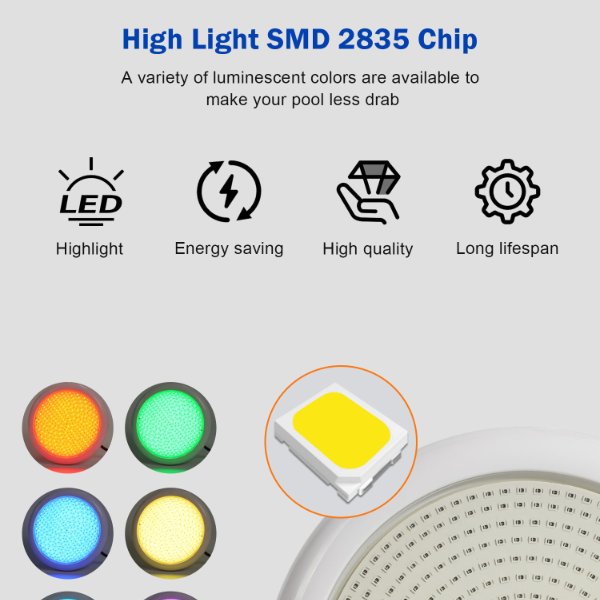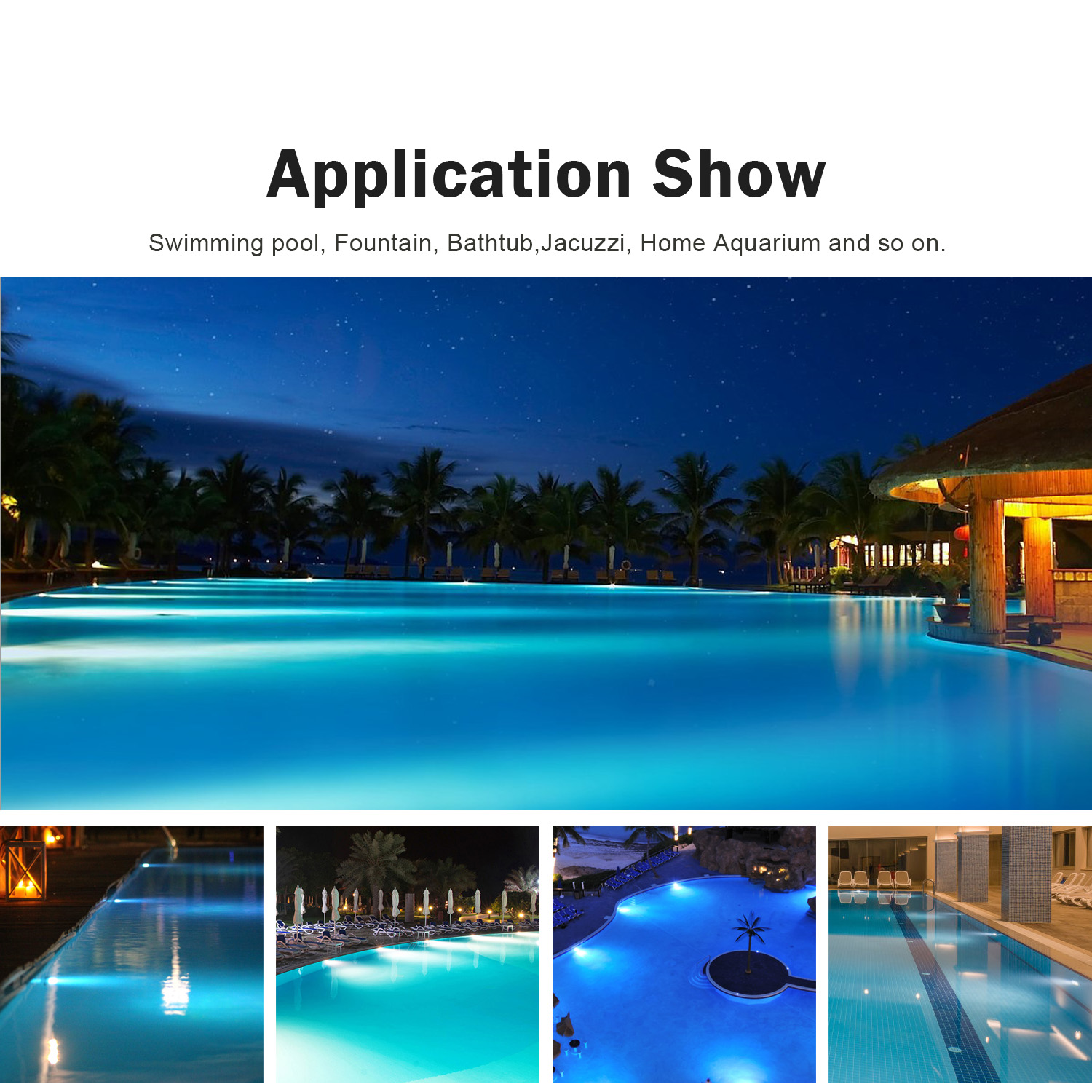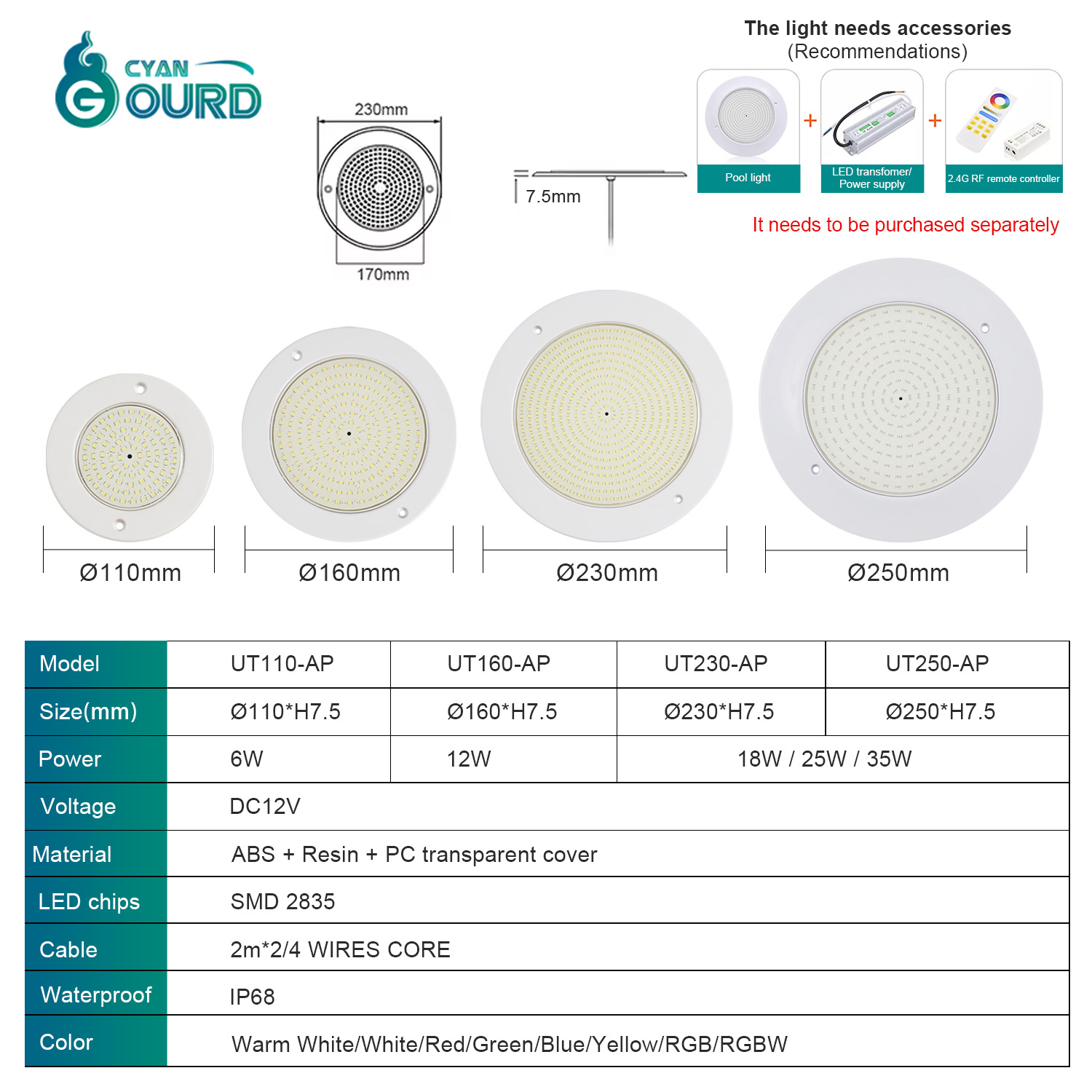Safety Standards and Regulations for Pool Lighting
Ensuring the safety of pool lighting is crucial for preventing accidents and providing a secure environment for swimmers. Compliance with safety standards and regulations is essential for both residential and commercial pools. Cyangourd Lighting, a leading swimming pool light manufacturer, provides insights into local codes, safety certifications, and tips for ensuring compliance with pool lighting standards.
Understanding Local Codes
Local building codes and regulations vary by region and are designed to ensure the safety and functionality of pool lighting installations. These codes often dictate the type of lighting, installation methods, and safety measures that must be followed. Key aspects to consider include:
Voltage Requirements: Many local codes specify the maximum voltage allowed for pool lights to minimize the risk of electrical shock. Low-voltage LED lights are commonly used to meet these requirements.
Placement and Installation: Codes often specify where and how pool lights should be installed to ensure even illumination and avoid glare that can obstruct visibility.
Ground Fault Circuit Interrupter (GFCI): GFCI protection is typically required for all pool lighting circuits to prevent electrical shocks.
Essential Safety Certifications
Safety certifications ensure that pool lighting products meet established safety standards. When selecting pool lights, look for the following certifications:
UL Certification: The Underwriters Laboratories (UL) certification indicates that the product has been tested for safety and meets the required safety standards.
ETL Certification: The Electrical Testing Laboratories (ETL) mark signifies compliance with North American safety standards.
IP Rating: The Ingress Protection (IP) rating indicates the degree of protection against water and dust. For pool lights, an IP68 rating is ideal for underwater use.
Compliance Tips
Ensuring compliance with safety standards and regulations involves several key steps:
Consult Local Authorities: Before installing pool lights, consult local building authorities to understand the specific requirements and obtain necessary permits.
Hire Qualified Professionals: Engage licensed electricians and contractors with experience in pool lighting installations to ensure adherence to safety standards.
Regular Inspections: Conduct regular inspections and maintenance of pool lights to ensure they remain in good working condition and comply with safety regulations.
Use Certified Products: Always choose pool lights that have the appropriate safety certifications to guarantee their reliability and safety.

 English
English
 French
French  Indonesian
Indonesian  Spanish
Spanish  Thai
Thai 